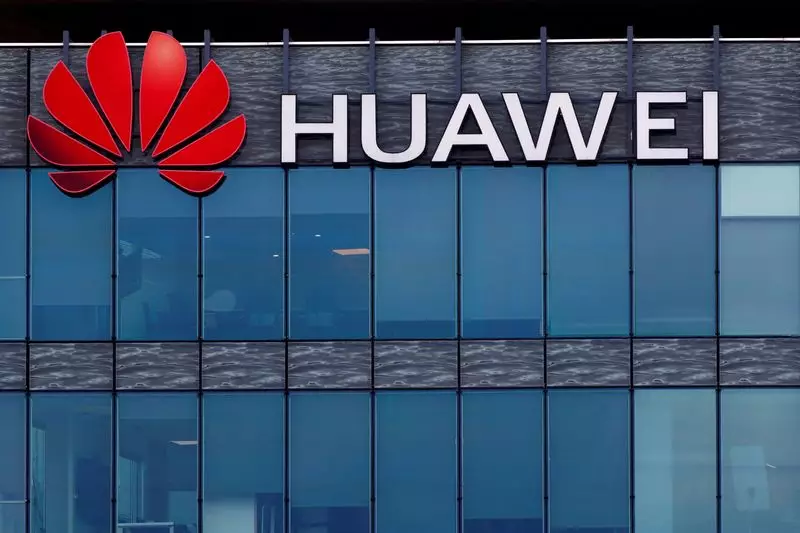In an era where national security and technological integrity are paramount, the U.S. House of Representatives is gearing up to vote on a comprehensive annual defense bill with significant implications for the telecommunications sector. The proposed legislation includes a substantial allocation of just over $3 billion aimed at facilitating the removal of Chinese-made telecom equipment, specifically from manufacturers Huawei and ZTE. This move is part of a broader strategy to mitigate security vulnerabilities within American wireless networks, a response to increasing concerns about foreign influence and surveillance capabilities.
The 1,800-page defense bill encompasses a variety of provisions targeting Chinese entities, demonstrating a clear legislative intent to fortify U.S. cybersecurity. Aside from funding for the removal of Chinese equipment, the bill mandates the submission of reports detailing efforts by China to sidestep U.S. national security regulations. Furthermore, the legislation emphasizes the importance of understanding China’s biotechnology capabilities through an intelligence assessment, underscoring a comprehensive approach to countering potential threats.
Despite the ambitious allocation of $3 billion, the Federal Communications Commission (FCC) has estimated that the complete removal of insecure equipment could cost nearly $5 billion. Historically, Congress has only earmarked $1.9 billion for what is referred to as the “rip and replace” initiative, leaving a significant gap in necessary funding. Jessica Rosenworcel, the Chair of the FCC, has highlighted the urgency of additional resources, cautioning that the current funding shortfall of $3.08 billion jeopardizes both national security and connectivity for rural Americans who rely on these networks. The impact of such funding inadequacies could be dire, potentially leading to the shutdown of essential services, including 911 emergency responses in underserved areas.
Industry leaders like Tim Donovan, CEO of the Competitive Carriers Association, have voiced strong support for the proposed funding, emphasizing its critical role in fulfilling the mandate to ensure network safety while maintaining service for millions of users. The 2019 congressional directive requiring telecom carriers to eliminate Chinese equipment highlights the long-standing concern regarding national security in the telecommunications landscape. This ongoing commitment to network integrity is reflected in the Biden administration’s request for $3.1 billion in new funding for the initiative.
To address the pressing financial needs of this program, Senate Commerce Committee Chair Maria Cantwell has outlined a plan to utilize revenues from a one-time spectrum auction managed by the FCC. The funds generated through this auction are intended not only to shore up the removal of harmful equipment but also to support regional technology hubs, fostering innovation amid rising spectrum demands from wireless consumers.
As the vote approaches, the implications of this defense bill resonate beyond the telecommunications sector. It encapsulates a strategic priority for the U.S. to protect its infrastructure from foreign threats while ensuring nationwide connectivity and emergency preparedness. The legislative actions taken today will, ideally, set the stage for a secure digital future, free from the vulnerabilities posed by foreign telecommunications equipment.

